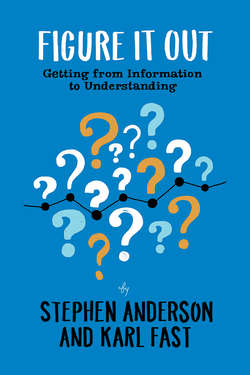Читать книгу Figure It Out - Stephen P. Anderson - Страница 48
На сайте Литреса книга снята с продажи.
The Economic Engine, Sick Patient, or ...?
ОглавлениеUnderstanding the power of language to shape how we think, it’s no surprise that an economist and author like Paul Krugman might lash out against the metaphors used to characterize the economy. In “Block That Metaphor,” a 2010 Op-Ed piece for The New York Times, Krugman called out phrases like “jump-start the economy” and “a fragile recovery time to strengthen.” From the column:
America’s economy isn’t a stalled car, nor is it an invalid who will soon return to health if he gets a bit more rest. Our problems are longer-term than either metaphor implies.
And bad metaphors make for bad policy. The idea that the economic engine is going to catch or the patient rise from his sickbed any day now encourages policy makers to settle for sloppy, short-term measures when the economy really needs well-designed, sustained support.6
To be fair, whether a metaphor is bad or good might depend upon hindsight and a clear definition of what is good. But we do know that metaphors have a profound effect on how we understand a topic. Simply changing how we describe a problem changes how people respond. We absolutely should be aware of the metaphors that affect our reasoning, for both their benefits and their limitations. These are ways of thinking that allow us to see a thing in a different way—for better or worse.
